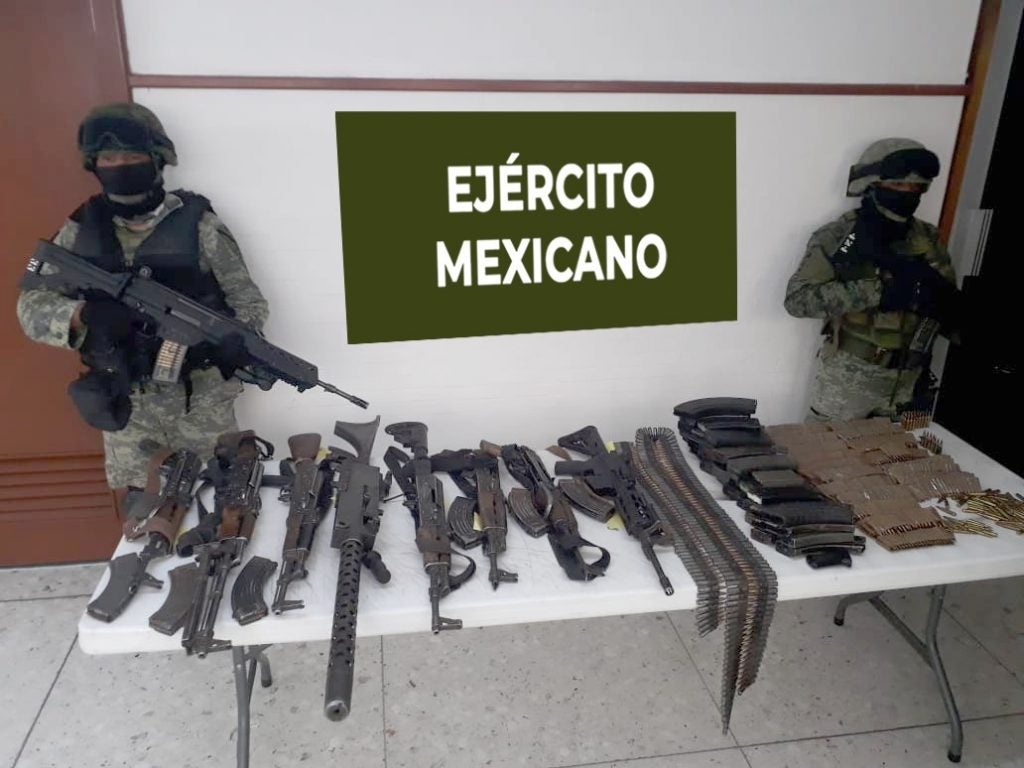Hack of Mexican Military Reveals Corruption
In September, information surfaced that a group of “hacktivists” going by the name “Guacamaya” successfully gained access to information systems of the Mexican ministry of defense and extracted six terabytes of data. The massive amount of information, which could include as much as 6.5 million pages of documents, is now making its way to journalists and the public. It mainly includes sensitive communications dating from 2016 to 2022.
In a press conference held when the leaks began surfacing in late September, Mexican President Andrés Manuel López “AMLO” Obrador stated that “there’s nothing that isn’t known or should not be known [in the leaks]”. However, the newly revealed information is not putting Mexican politicians and military in a good light; the documents revealed countless egregious cases of corrupt officials working with cartels. For example, while serving as governor of Tabasco between 2019 and 2021, politician Adán Augusto López Hernández placed three identified members of the Jalisco New Generation Cartel in positions of power within the local public safety and security (SSPC) branch. The SSPC oversees some intelligence and national guard elements and, unsurprisingly, military grade weapons soon ended up being sold to the Jalisco New Generation Cartel.
In addition to revealing corruption in Mexico’s security apparatus, the recent hacks may ironically also have damaged the ability of Mexican services to counter cartels. Information about collection methods is now out in the open and, due to the risk of additional breaches, foreign intelligence services may be more cautious about sharing information with Mexico. There is also a lack of certainty regarding the extent of damage dealt to relationships between authorities and informants. Moreover, information showing government knowledge of certain cartel facilities was made public, potentially giving criminal groups time to relocate.
The leaks come at a time when the military and security apparatus is already in the spotlight of controversy. Last month, Mexican President Obrador moved to transfer the paramilitary National Guard from civilian to military control which some members of the political opposition and civil society saw as a threat to civil liberties and yet another step towards the militarization of everyday life.

